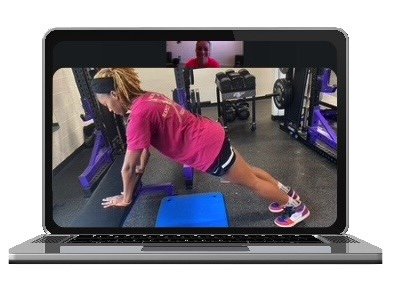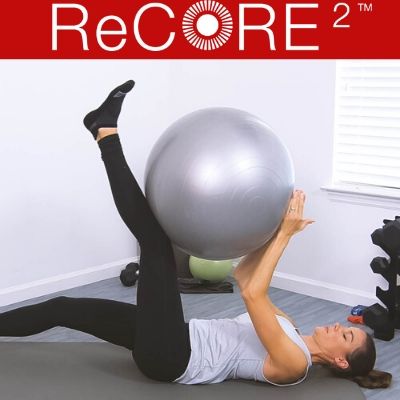5 Steps to Letting Go of Body Shame in Motherhood

As someone who has worked with many women and mothers who feel dissatisfied with their bodies, I can tell you that body hate and disordered eating do not discriminate. It impacts so many of us. For women, we are particularly at risk during times of change in our lives - puberty, college, marriage, divorce, pregnancy/postpartum, and menopause are a few of those times. And what’s even worse, as if body shame wasn’t enough to deal with, many of us feel shame about feeling body shame. We keep it a secret. We don’t talk about it. We feel embarrassed about not exuding body love. We pretend that things are fine while the thoughts and concerns about our bodies get stronger and more intrusive. I see a lot of mothers who feel sort of stuck between the “body positive, embrace yourself” world and the "diet down, be happier when you’re thinner" world. They want to be body-positive but they just aren’t there yet. If that’s you, you are not alone. Many people who feel accepting and loving towards their bodies likely arrived there with some effort.
- Acknowledge the thoughts and actions. When you catch yourself in a self-deprecating thought, practice pausing to notice it. Ask yourself how this is impacting your physical, emotional and mental state? How is this impacting your relationship with your body and food? Be Nourished, an amazing therapist and dietitian team in the body positive world, suggest asking the helpful question, “What is keeping me from feeling at home in my body right now?"
- Validate yourself. This is hard. You were taught to do this. Don’t beat yourself up! Again, more shame for feeling shame is just creating more hurdles. Feeling good in your body while living in a world that does not celebrate that is hard and will take time. This isn’t the same thing as being complacent or wallowing in our own body shame because the culture is against us. I’m just saying acknowledge it, give yourself credit for working to make these changes and remember that beating yourself up will not help you feel better about yourself.
- Get curious. We often view body image as a superficial issue focused mainly on appearance. If it was only about appearance, we’d probably be able to take care of it rather quickly. We are certainly not in a shortage of options for changing our appearances! Ultimately, changing the way you look isn’t what fixes negative body image, in fact, it can make it worse. When you notice yourself ruminating over the way a body part feels/looks begin to get curious about what else is going on in your life. It’s not a coincidence that when we go through an identity change that we also seem to get more focused on something we think we have control over - the way we look. Transitioning into the motherhood identity brings up a lot of emotions, connects us back to experiences in your own childhood, challenges relationships and impacts how we view the world. Get curious about how the body image piece “serves” you in this experience. This doesn’t mean that the dissatisfaction with appearance isn’t real but it’s important to also look for other underlying meaning and identify triggers.
- Choose to redirect to self-care. When you find, yourself dealing with negative body image and have worked through steps 1-3, ask yourself - what does this teach me about my needs? What is one thing I can do right now to take care of myself? How can you use this information to take one step closer to feeling better? Don’t expect yourself to change everything at once – just take one step. Rebecca Scritchfield, RDN, author of Body Kindness, talks a lot about the concept “spiraling up” in her new book – laying one small self-care choice on top of another. Reading a book like Body Kindness, Does this pregnancy make me look fat? or Intuitive Eating would be a great step in redirecting to self-care!
- Talk about it. This one can be tricky. If we try to talk about body dissatisfaction with a friend who is also struggling, you might find yourself in the middle of a self-loathing, body-hatin’ conversation - not helpful. I suggest seeking out a trusted friend who is a good listener. Someone who might be more likely to say, “Yes, going through these changes is hard. How are you dealing with it?” rather than, “Oh you don’t like that about yourself! Have you seen my (insert body part) here?!” If making changes to self-care and body image feel overwhelming or very difficult to address, I strongly recommend you reach out to a therapist (and possibly a dietitian) who is trained in areas such as disordered eating, body image, intuitive eating, and Health at Every Size® so that you can get the professional support you need to heal. You don’t have to have an eating disorder to work with professionals. If you feel crappy in your body and have difficulty making changes on your own, you need and deserve support.




















We, Jaime and Sheeva, are fertility specialists who work and live in New York City. For a full run-down of education and articles written, click here. Our practice is devoted to helping women achieve their goal of parenthood. Using a team approach (two minds are always better than one) rooted in honesty and transparency, we are... Read More